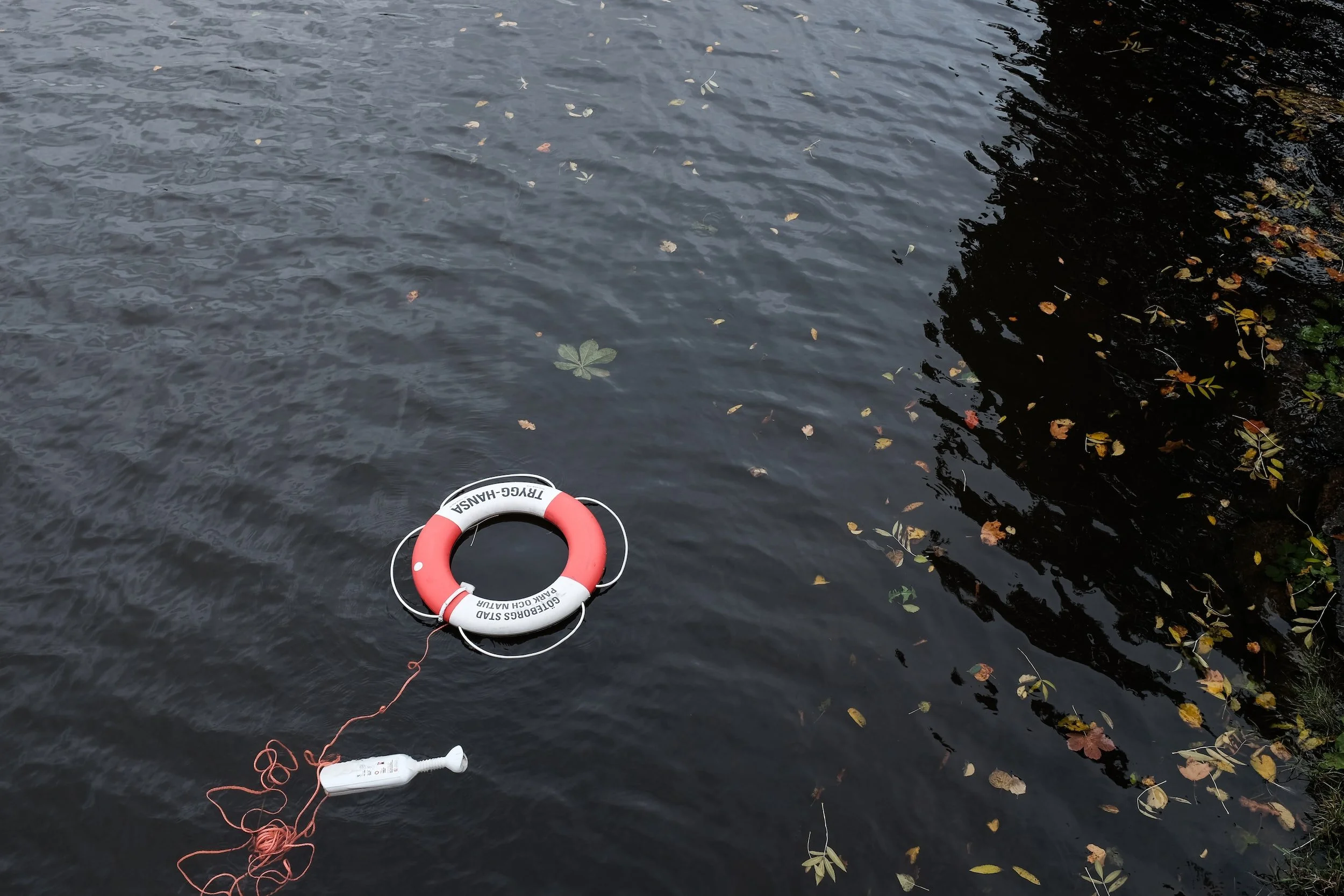National Suicide Prevention Awareness Month is an opportunity to educate ourselves on this serious public health problem. It’s an opportunity to be there for someone in need by listening to them and offering support, to learn how to assist someone who is experiencing suicidal thoughts, to help remove the shame associated with reaching out for help, and to do what you can to eliminate the stigma that surrounds suicide and mental health care. Suicide is a human response to challenging environmental circumstances and emotional pain rather than a sign of personal failure or selfishness.
According to the National Institute of Mental Health, suicide is the twelfth leading cause of death overall in the U.S. It is the second leading cause of death for those aged 10 to 14 and 25 to 34, the third leading cause of death for those aged 15 to 24, and the fourth cause of death for those aged 35 to 44.
How can we help eliminate the stigma? Let’s start with the language we use surrounding suicide. Harmful and stereotypical comments, such as calling someone "crazy" or telling them "It’s just trendy to talk about mental health" or “You just need to stop feeling sorry for yourself” fall into this category. This is the reason mental health advocates typically use the term "died by suicide" rather than "committed suicide," as it removes the notion that suicide is a crime or sin, absolves blame from the person who has lost their life, and permits a dialogue about the illness or disorder from which they were suffering. Individuals may also internalize the stigmas that others have about those with mental health disorders, adding to their own feelings of shame. We can have compassion for mental illness in the same way that we do for physical illness. Both types of illness require courage and perseverance from the individual who suffers. Neither illness is chosen by the sufferer. Both can be fatal. Both need compassion and understanding, as well as a refrain from judgment and criticism.
How do we intervene? It is possible to prevent suicide. If someone tells you they are suicidal, you should always take them seriously. Asking someone if they are thinking about killing themselves won't make them do it. In fact, research indicates that acknowledging and talking about suicide can actually decrease suicidal thoughts, rather than increase them, and may lead to improved mental health in people who are looking for help. Being direct and asking if someone feels suicidal opens the door to conversation and may save a life. Offering help to people contemplating suicide and linking them with available resources could prevent a tragedy. Family and friends may be hesitant to broach the topic of suicide because they misjudge the severity of the threat or mistakenly believe that the only goal is to get attention. The danger of suicide is not raised through discussion of the topic. Supportive reactions include providing immediate, practical aid, such as remaining with the individual, encouraging them to speak honestly, assisting them in creating plans for the future, or actively contacting the following resources.
Resources that can help people navigate through a crisis or suicidal thoughts more effectively:
Text 741741 to connect with a Crisis Counselor. For more information, check out https://www.crisistextline.org/
Call 988. This is the new 3-digit number that will direct you to the National Suicide Prevention Lifeline.
The Stay Alive App includes tools for suicide prevention including a customizable safety plan, reasons for living, and a “LifeBox” where you can upload images that bring you hope. https://apps.apple.com/gb/app/stay-alive/id915458967
If you or someone you know is in immediate danger, please call 911.
“More than anything, my wish for you is this: That when your awful darkest days come, you will know you’re not alone. Pain will tell you to keep quiet, but that’s a lie. Life is fragile and we all break in different ways. I hope you know you can be honest. I hope you know that you can ask for help. Did you catch that? It is absolutely positively okay to ask for help. It simply means you’re human. Help is real and it is possible; people find it every day.” - Jamie Tworkowski
Authored By: Julianna Robinson, LCSW
References:
Dazzi, T., Gribble, R., Wessely, S., & Fear, N. (2014). Does asking about suicide and related behaviours induce suicidal ideation? What is the evidence? Psychological Medicine, 44(16), 3361-3363. doi:10.1017/S0033291714001299
“Suicide.” National Institute of Mental Health, U.S. Department of Health and Human Services, https://www.nimh.nih.gov/health/statistics/suicide#part_2557.
